Oxford
November 17th, 2007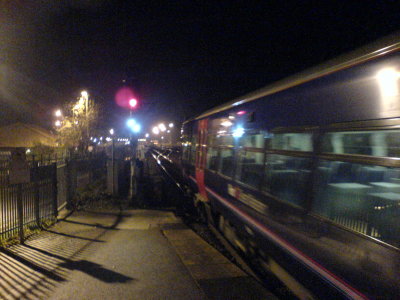
Magdalen College Oxford has a deer park – a turn about the park on a crisp late autumn day is a pleasure.
Time is short but I’ll be posting some Maths stuff here soon.
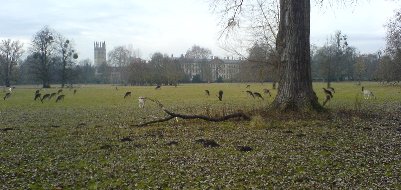

Magdalen College Oxford has a deer park – a turn about the park on a crisp late autumn day is a pleasure.
Time is short but I’ll be posting some Maths stuff here soon.

Why teach algebra? Why not teach other things that are more useful as part of a 16+ Maths qualification that all students aim for?
Well, that is a big one. A first iteration answer might be along the following lines
It has to be said that the history of school Maths has been fairly opaque and not always related to what is important in society – for instance, graphical methods only made it onto most syllabi in the 1930s

Donald Schon’s double loop learning
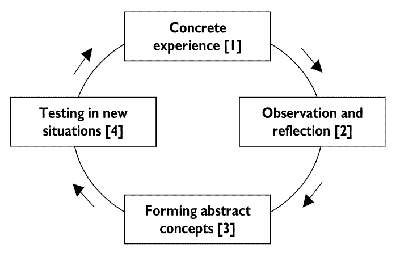
David Kolb’s experiential learning cycle
Both pinched from infed.org and squirrelled away for future use, as is the excellent summary of Marcia Baxter Magolda’s ways of knowing by Dr Ursula Lucas and Dr Phaik Leng Tan.
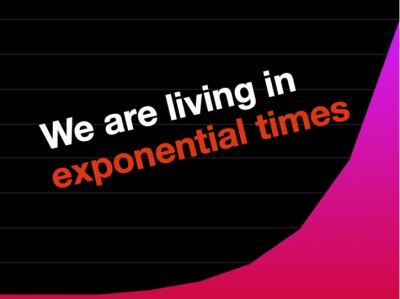
I was at a staff development day today, and the ‘shift happens – did you know’ power point was shown early in the proceedings. The presentation is thought provoking, but I do have a problem with the slide above.
Exponential growth is impossible for any length of time, just try a growth rate of 2% per year for a couple of thousand years to see what I mean. Sooner or later, a limiting factor will kick in and the curve will flatten out into an ogive. The ‘demographic transition’ in the Industrial West is a typical example.
I suppose the issue is the form that the limiting factor takes – soft or hard, saturation or boom-bust?

Snap from my Sister who has just come back from Scotland…
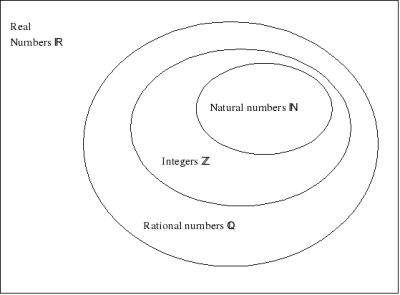
Download a PDF file with a simple worksheet about number types. I’m on a bit of a mission to sneak the Venn diagram into some of my level 2 Maths classes as a visual aid.
The discussion about irrational numbers focussed attention on the idea of rounding, and gave me a chance to talk about trial and improvement in connection with a simple ‘divide and average’ method for finding the square root of two.
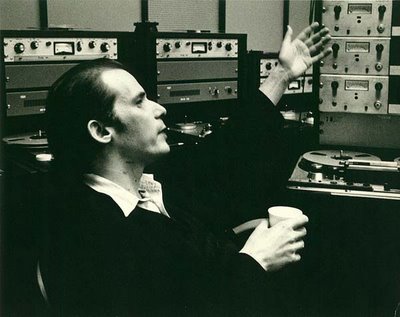
Turns out that the recent ‘re-performed’ Goldberg Variations by Glen Gould is all about copyright. The amount of ‘good stuff’ from older recordings available on audio CD and for download now at low prices is a concern as new artists will find it much harder to get a hearing.
European copyright law on sound recordings means that recordings that are 50 years old go out of copyright. Sound recording was quite good in 1957, and the copyright cut off date will move forward into the 1960s quite soon, including very high quality stereo recordings. I have heard 30 ips stereo tape masters from the late 1960s and they are amazingly good.
My other recordings of the Goldberg Variations include Janine Johnson’s recording on Magnatune on a harpsichord that she helped to build and which she decorated, and the recent Simone Dinnerstein recording on an old Steinway that has seen some life. Both of these performers will receive some revenue from their recordings for the next 50 years or so. Buy ‘new’ recordings when you can…